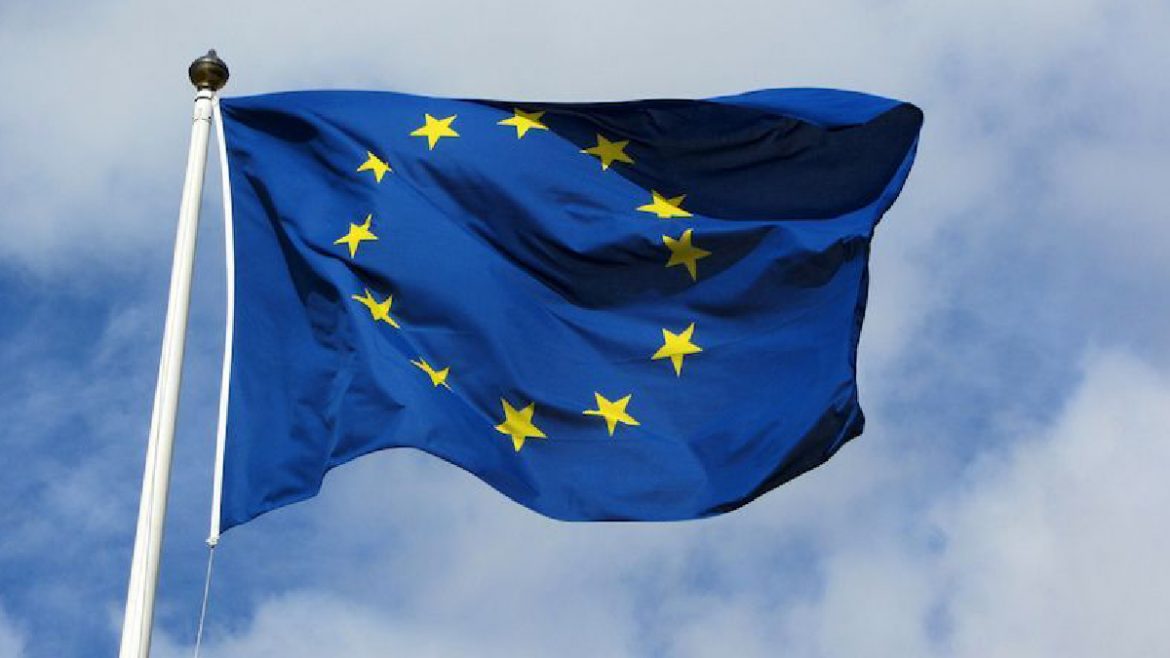When social media giant, Facebook, launched plans to develop their own digital currency with plans to implement it through their apps and reaching potentially a billion people, it triggered a global debate, especially in the EU, about virtual currency legislation. The European Union began to look into drafting a legal framework for people, organizations and businesses on how to interact with cryptocurrencies.
In an EU meeting in Helsinki, France’s minister Bruno Le Maire warned that Libra, Facebook’s cryptocurrency, could cause a risk to consumers, financial stability and even “the sovereignty of European states”. While speaking at a conference of the Organisation for Economic Cooperation and Development (OECD), he urged EU institutions to introduce a framework for the regulation of virtual currencies. He wanted to be absolutely clear that the EU cannot authorize the development of Libra as the privatization of money contains a high risk of abuse of a dominant position. According to the EBA, too little is known about the Libra token and the envisaged services to yet draw conclusions. And with the publicly available information on Libra, it is currently not possible to say which exact EU rules would apply.
The vision for Libra project was announced in June and in their defense, the Libra Association’s head of policy said, “We have maintained our commitment that technology-powered financial services innovation and strong regulatory compliance and oversight are not in competition.” The Libra Association has submitted a request to the Swiss Financial Market Supervisory Authority (FINMA) to “clarify the regulatory status of the Libra Association and the Libra coin”. The Libra Association was subject to an EU commission’s investigation for potentially anti-competitive behavior. However, the results of this investigation are not yet public.
The EBA conducted an analysis in January 2019 and deduced that since there are thousands of different cryptocurrencies it is necessary to consider the nature of a crypto-asset service on a case-by-case basis to determine if it falls within the scope of EU financial services law. If virtual money falls in the electronic money directive in Europe. In 2006, the EU commission presented an updated electronic money directive to establish “a modern and harmonized legal framework for the issuance and redemption of e-money” – which member states implemented in 2011. There is an emerging story that the European Central Bank is working on a long-term plan to launch a public digital currency that could make projects such as Libra obsolete. Eurozone Finance Ministers believe that Libra is a sort of “wake-up call”.
An ECB official stated that the project could allow consumers to use electronic cash, which would be directly deposited at the ECB, without need for bank accounts, financial intermediaries or clearing counterparties.
The EU launching its own digital currency could be the reason why the EU is opposing the launch of Libra as it could be its direct competitor. European Central Banks are accelerating their work on issues around public digital currency solutions.
Disclaimer
Content provided by CryptoTraderNews is for informational purposes only, and should not be construed as legal, tax, investment, financial, or other advice. All information is of a general nature. As always, there is risk with any investment. In exchange for using our products and services, you agree not to hold CryptoTraderNews Pro, its affiliates, or any third party service provider liable for any possible claim for damages arising from decisions you make based on information made available to you through our services.
Will the EU Launch Its Own Digital Currency?
previous post

1 comment
[…] Insights […]
Comments are closed.